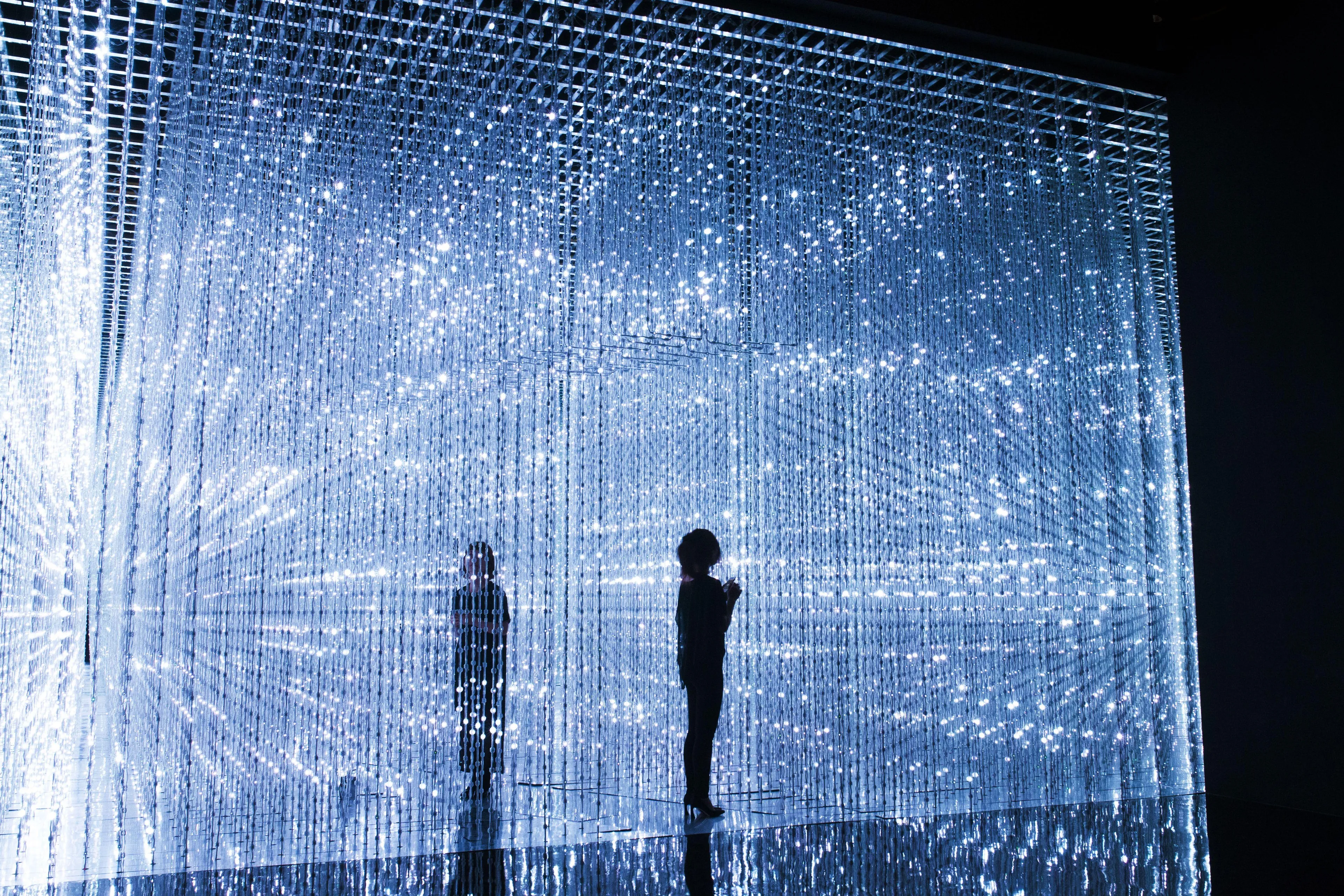‘teamLab World: Dance! Art Museum, Learn & Play! Future Park’, is a fantastic Art World and Future Park that have been created for adults and children by the art collective teamLab.
The Art World is a beautiful world in which you can immerse your whole body and participate in the Art. It also encourages participants to reflect on their own position relative to the world and other people.
Future Park consists of Art Attractions that are an invitation to have fun, to play, explore and learn. The attractions encourage people through collaborative experience to become co-creative and to learn through their bodies.
As the artworks change with each interaction, each visit will be uniquely different. teamLab World will also grow and transform over time, with new art and Art Attractions adding richness to this stunning digital world.
‘teamLab World: Dance! Art Museum, Learn & Play! Future Park’ exhibition attracted more than 460,000 visitors when firstly opened in Tokyo in 2015. It was also awarded ‘TOP 10 art exhibitions of 2015‘ by ‘designboom’
*1.
‘Living Digital space’ is currently running in Silicon Valley, and was reported by the media to have destroyed the long-lasting anti-art tradition of the west coast
*2.
Art Science Museum located in Marina Bay Sands in Singapore, is home to a permanent exhibition since March 2016.
*1...
designboom
*2...
The Guardian
